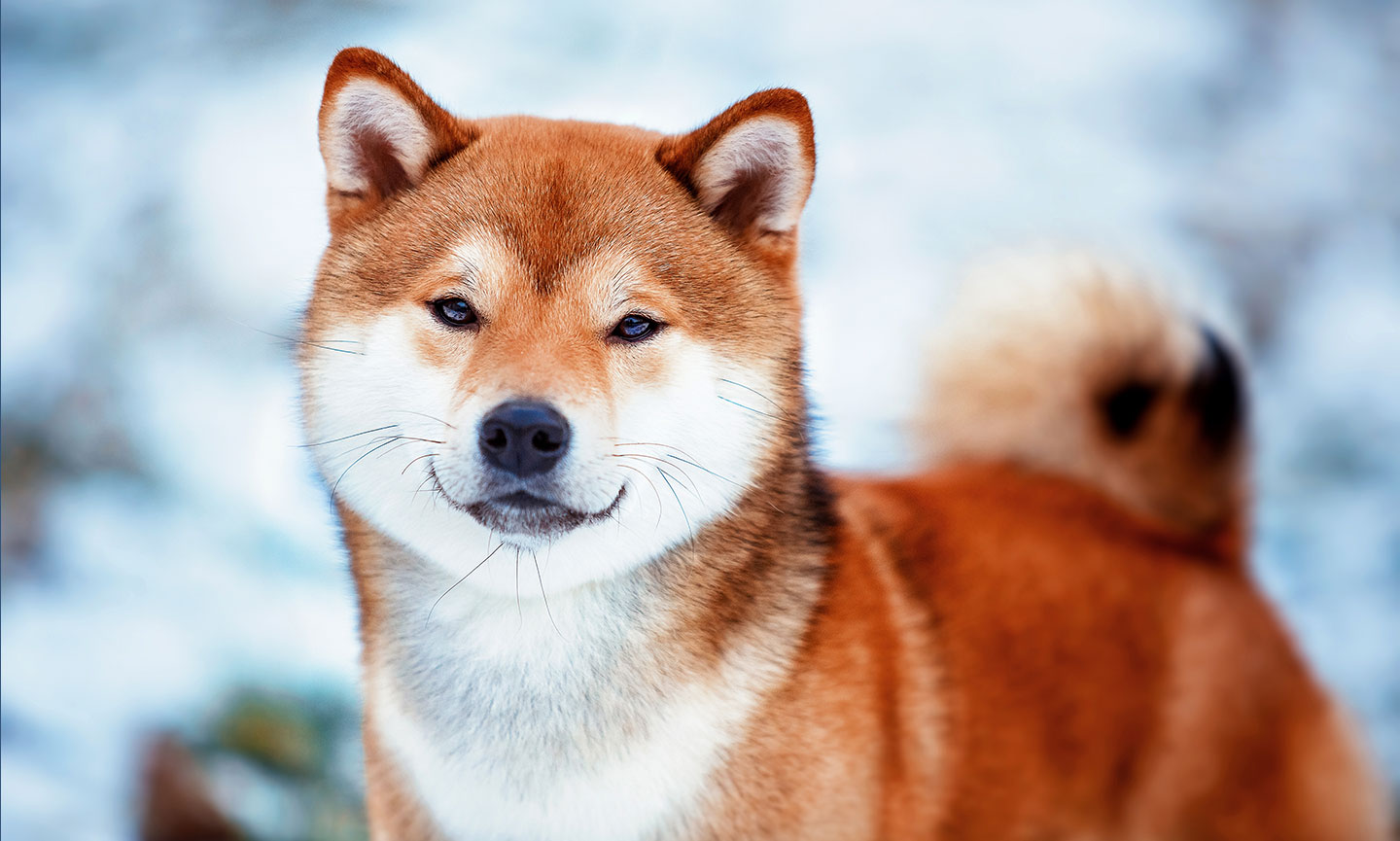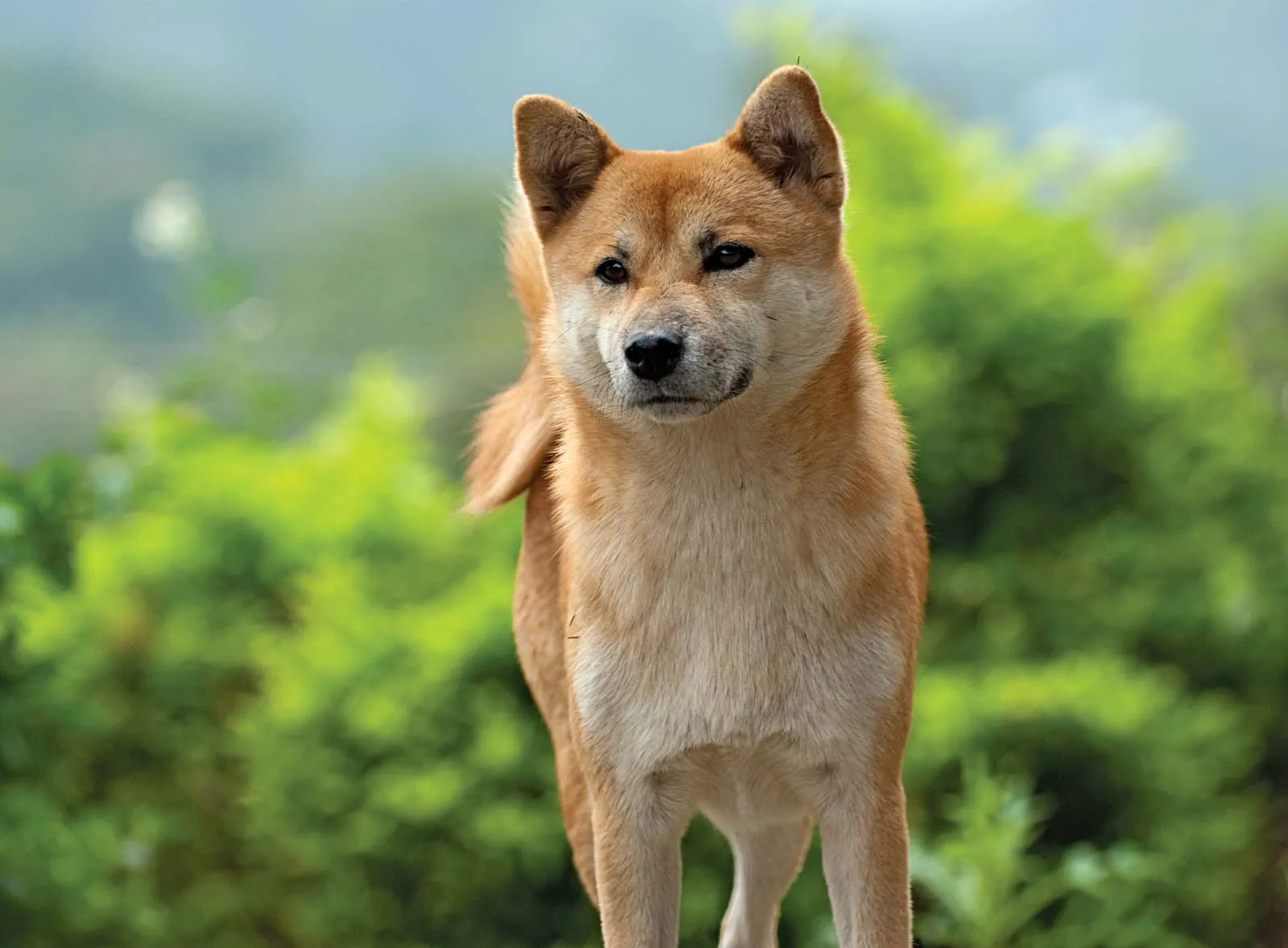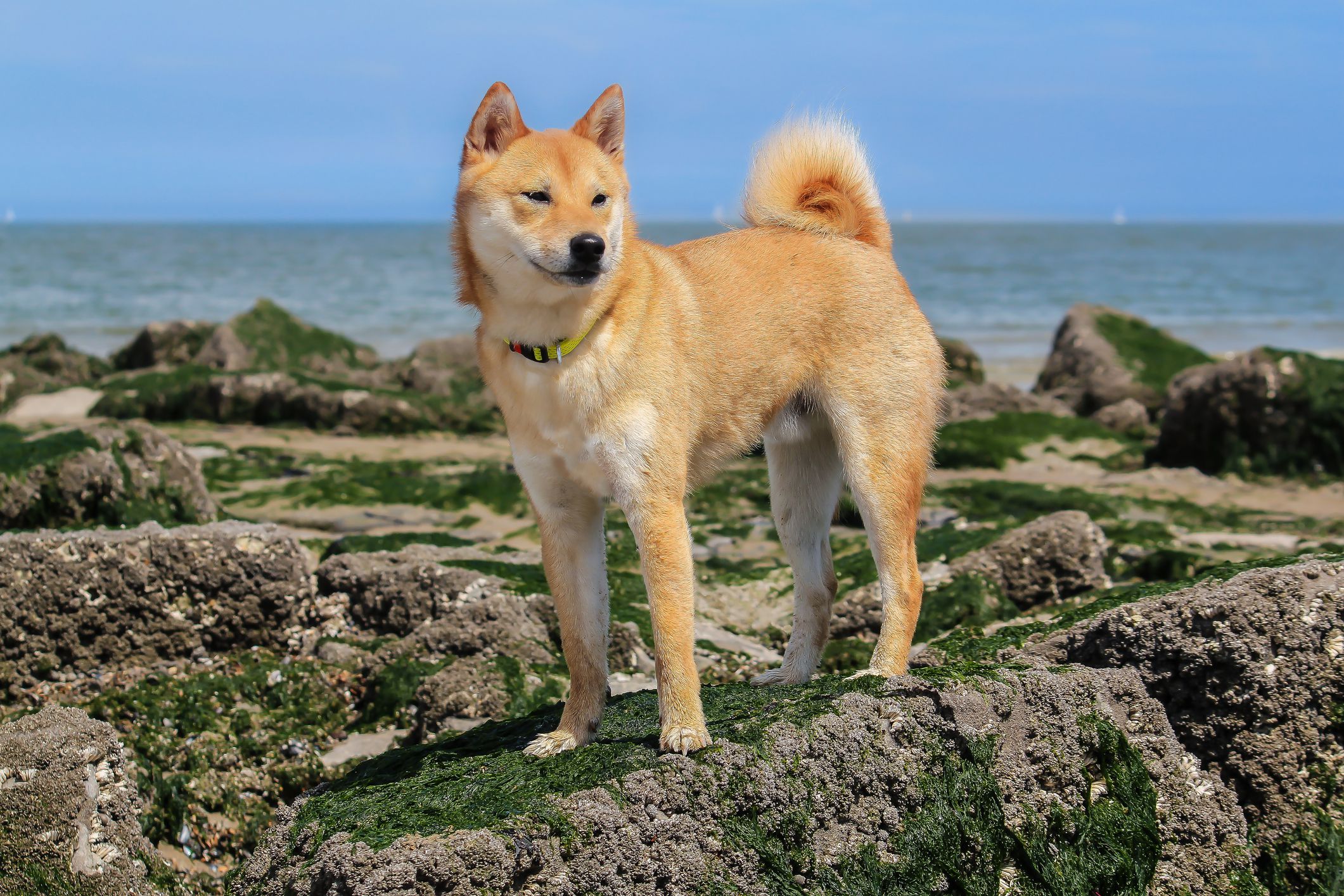
The Shiba Inu is one of Japan’s oldest and smallest native breeds, originally developed for hunting small game and birds in Japan’s mountainous regions. Archaeological evidence suggests that dogs resembling the Shiba have existed for over 2,300 years.
The breed nearly disappeared during World War II due to food shortages and disease outbreaks but was revived through careful breeding efforts. Recognized as a national treasure in Japan in 1936, the Shiba Inu today is the most popular companion dog in its homeland and is gaining popularity worldwide.
The Shiba Inu’s popularity has soared internationally, thanks to its fox-like appearance, spirited personality, and strong sense of independence. Internet culture, including memes featuring the iconic "Doge," has also boosted the Shiba’s fame.
In Japan, it consistently ranks as the number one pet dog. In the United States and other countries, the Shiba is now seen more frequently, although its independent spirit means it remains better suited for experienced dog owners.
The Shiba Inu is a small but athletic dog with a compact, balanced frame and an alert, agile expression.
• Height: 13.5–16.5 inches (34–42 cm)
• Weight: 17–23 pounds (8–10.5 kg)
• Build: Compact, muscular, and well-proportioned
• Coat: Double coat; stiff and straight outer coat with a soft, dense undercoat
• Color: Red, sesame (red with black-tipped hairs), black and tan, or cream
• Head: Broad forehead with a strong muzzle
• Eyes: Dark brown, small, triangular, and expressive
• Ears: Small, triangular, and erect
• Tail: Thick and curled tightly over the back
The Shiba’s alert expression and upright posture exude confidence and attentiveness.
Shibas are spirited, intelligent, and famously independent — often described as having a cat-like personality.
• Affectionate (on their terms): Loyal and loving with family but reserved with strangers.
• Independent: Enjoys autonomy; not typically clingy.
• Alert: Makes an excellent watchdog; naturally cautious and perceptive.
• Energetic: Requires regular physical and mental stimulation.
• Clean: Fastidious about personal hygiene; often groom themselves like cats.
Shibas are bold and confident, often carrying themselves with an air of self-importance.

The Shiba Inu is ideal for:
• Experienced dog owners who appreciate independent breeds
• Individuals seeking a medium-energy, self-assured companion
• Homes looking for a small, clean, and generally quiet dog
• Those interested in an intelligent breed that can entertain itself
However, it may not be ideal for:
• First-time dog owners unfamiliar with strong-willed breeds
• Families seeking a dog that is extremely eager to please or highly obedient
• Homes with unsecured yards (Shibas are escape artists)
• Owners who want a very cuddly or dependent dog
Proper care is crucial to keeping a Shiba healthy, happy, and well-mannered.
• Exercise: Moderate to high; daily walks, playtime, and mental enrichment are essential.
• Training: Early, consistent socialization and positive reinforcement are critical.
• Grooming: Weekly brushing; more frequent during seasonal shedding ("blowing coat").
• Living Environment: Adaptable to apartments if exercised adequately; secure fencing is a must.
• Feeding: High-quality diet formulated for small-to-medium active breeds.
Patience and consistency are key when training and living with a Shiba Inu.
The Shiba Inu is generally a robust breed but can be prone to:
• Hip dysplasia
• Patellar luxation
• Allergies (especially skin-related)
• Glaucoma and cataracts
Their average lifespan is 12 to 16 years, making them a long-lived companion with proper care.

• Akita Inu: Larger and more powerful, but both share a strong will and reserved nature.
• Basenji: Similarly independent and cat-like, though Basenjis are even quieter (almost barkless).
• Finnish Spitz: Shares a similar fox-like appearance and lively, independent spirit.
If you seek a confident, independent, and intelligent companion who can entertain themselves but still form a deep bond, the Shiba Inu could be a wonderful match. They require patient, respectful handling and thrive best with owners who appreciate their spirited individuality.
Prospective owners must be ready to embrace a breed that won’t necessarily aim to please but will always be interesting and loyal in its own way.
When acquiring a Shiba Inu, seek out reputable breeders who perform health testing, particularly for hips and eyes. Rescue groups specifically for Shibas are also excellent resources for those looking to adopt.
United Pet Club offers microchip registration, training tips, and care guidance tailored to Shiba Inu owners.